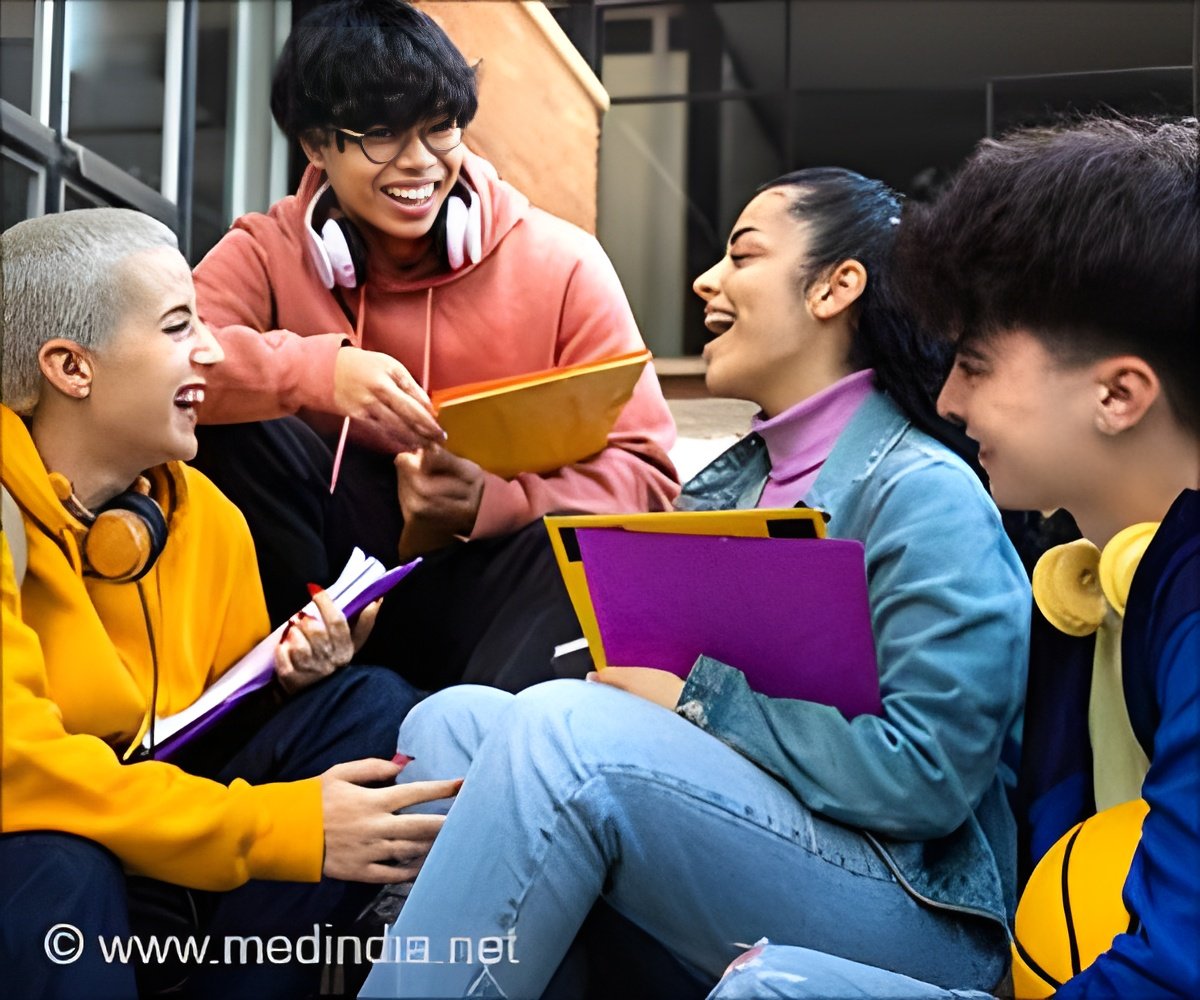People who believed they were being watched detected faces nearly 1 second faster than those who didn’t.

- With advances in surveillance technology such as CCTV, mobile device tracking and interconnected smart systems have become ubiquitous
- Surveillance encourages prosocial behavior such as honesty and cooperation
- Surveillance doesn’t just change how we behave it also affects how we see the world, even at an unconscious level
Have you ever felt like someone is watching you? That feeling can make you conscious of how you act, whether it is a security camera in the store, a colleague at work or even a stranger on the street. People tend to be more careful, polite and self-conscious when they think they are being observed or watched (1✔ ✔Trusted Source
Big brother: the effects of surveillance on fundamental aspects of social vision
).
But does being watched affect us in deeper, more automatic ways that we don’t even realize?
Television shows like Big Brother and Big Boss also explore the psychological effects of surveillance. These shows place contestants in a controlled environment where they are constantly monitored by cameras, and their actions are broadcast to viewers.
The concept of being watched in real-time often leads to changes in behavior, with contestants becoming more self-conscious, polite, and strategic in their interactions.
Role of Surveillance in Detecting Faces and Eye Gaze
Surveillance encourages prosocial behavior such as honesty and cooperation. As the studies were focused on voluntary, conscious behavior, less is known about whether surveillance affects fundamental, involuntary processes such as sensory perception.
Humans have evolved a specialized ability to detect faces and eye gaze which plays a crucial role in social interaction and threat detection. No study has examined if the perception of being watched alters basic visual processing of faces and eye gaze.
The evolutionary importance of gaze detection shows that obvious surveillance can improve the sensitivity to facial cues, facilitating faster detection of faces with both direct and averted gaze.
Advertisement
Breaking continuous flash suppression method shows quick, flashing patterns to one eye which temporarily hides or suppresses an image shown to the other eye. This method makes it harder for the brain to see hidden images right away and allows us to measure how long it takes for people to become aware of it.
Does being watched make us detect faces faster?
To find this, the researchers studied two groups of people were
- one group was told that they were watched by CCTV cameras
- another group was not
Both groups had to spot faces on a screen as quickly as possible. Some faces looked directly at the participants (direct gaze), while others looked away (averted gaze). To rule out bias, researchers also tested participants with neutral shapes, like patterns instead of faces.
Advertisement
Participants who believed they were watched detected faces almost a second faster than the other group. This effect was consistent with the “direct gaze advantage,” where faces with direct eye contact were detected faster.
There were no differences between the two groups in the case of non-face stimuli or neutral patterns. This shows the effect is specific to detecting social information like faces and eye gaze.
Despite detecting faces faster, participants who were being watched didn’t feel like their performance was influenced. Surveillance doesn’t just change how we behave—it also affects how we see the world, even at an unconscious level.
When we know we’re being watched, our brains become more tuned in to social cues, like faces and eye contact. This heightened sensitivity develops automatically without awareness.
Much like in real life, the knowledge of being observed in these television shows can shape both voluntary actions and involuntary responses, altering contestants’ behavior and perception in subtle but significant ways.
As surveillance grows, it’s crucial to consider its subtle effects on our mental and social lives. While cameras might make us feel safer, they also have hidden effects on our attention and perception.
Future research will help us better understand how surveillance affects us over the long term and how we can protect our privacy and mental well-being in an increasingly monitored world.
Reference:
- Big brother: the effects of surveillance on fundamental aspects of social vision – (https://academic.oup.com/nc/article/2024/1/niae039/7920510)
Source-Medindia



